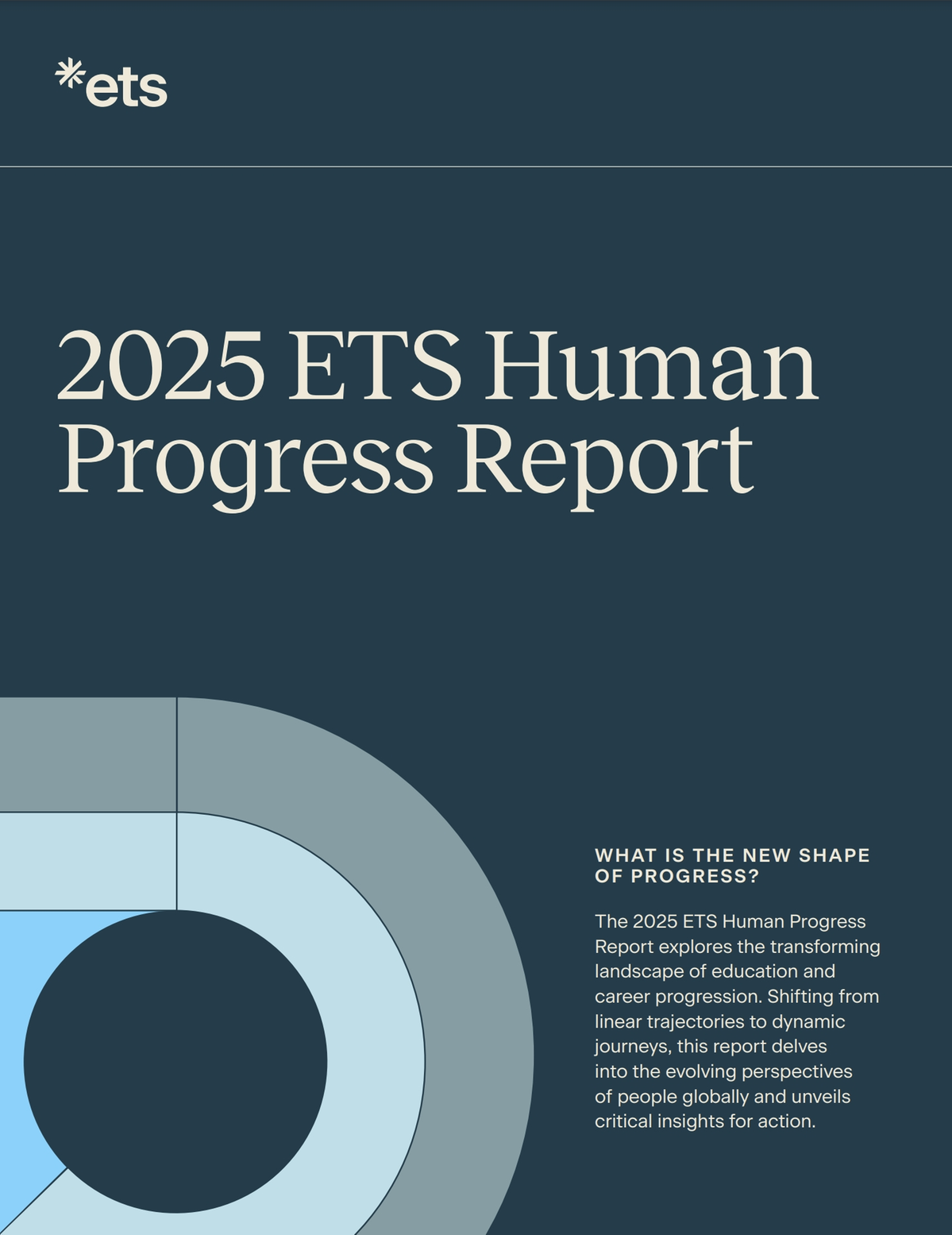
Jobseekers participate in a workshop on using artificial intelligence programs to improve their CVs at a job fair in Shanghai on Feb 14, 2025. [LIU YING/XINHUA]
Amid the potential impact of artificial intelligence, or AI, on the labor market, China has emerged as a global leader in education accessibility, reskilling affordability, and career upward mobility, a recent report finds.
The 2025 ETS Human Progress Report, published by the Educational Testing Service, or ETS, last month, surveyed more than 18,000 people across 18 countries about their experiences and attitudes toward education, reskilling and upskilling, and career opportunities.
China ranked second overall among the surveyed countries, which included the United States, Germany, and Japan, with a score of 77.4 on the report's index. The index ranges from 0 to 200 and measures the ease of accessing education, achieving upward mobility, and affording reskilling and upskilling.
China ranked first in the subcategory for affordability of reskilling, with the least barriers to reskilling thanks to affordable training programs and considerable employer support. China was also placed among the top three countries in the categories measuring ease of access to education, and opportunities to advance in society.
Michelle Froah, global chief marketing and innovation officer and senior vice-president of corporate solutions at ETS, said: "I think, in China credentials are being positioned to be more of a universally accepted proof of credibility and proficiency, and that drives the ability to access education and credentials.
"We also saw 87 percent of respondents in China agree that by 2035 evidence of those new skills is going to be just as valued as a university degree."
With AI and other emerging technologies disrupting traditional office jobs, continuous skill-building has become an essential strategy for career longevity, the report pointed out, citing the 88 percent of survey participants who said continuous learning was a foundation for success.
In China, 81 percent of respondents said earning skills credentials contributes to careers, education, or personal growth – some nine percentage points above the global average.
The report also noted that China, along with other emerging economies, shows stronger interest in AI experimentation and skill development, pointing to "a more future-ready workforce" than more economically mature markets including North America and Western Europe.
Among Chinese employees, 82 percent, the second-highest among surveyed nations, expressed interest in standardized methods for measuring digital and AI literacy, while more than half hoped for access to an AI coach as an employer benefit.
Froah emphasized adaptability as a key skill for navigating the evolving job market: "The drive to stay curious, embrace lifelong learning, and apply expertise in new ways is essential in today's changing workforce."

The 2025 ETS Human Progress Report surveyed more than 18,000 people across 18 countries about their experiences and attitudes toward education, reskilling and upskilling, and career opportunities. [PHOTO/ETS]
Pi Wei contributed to the story.